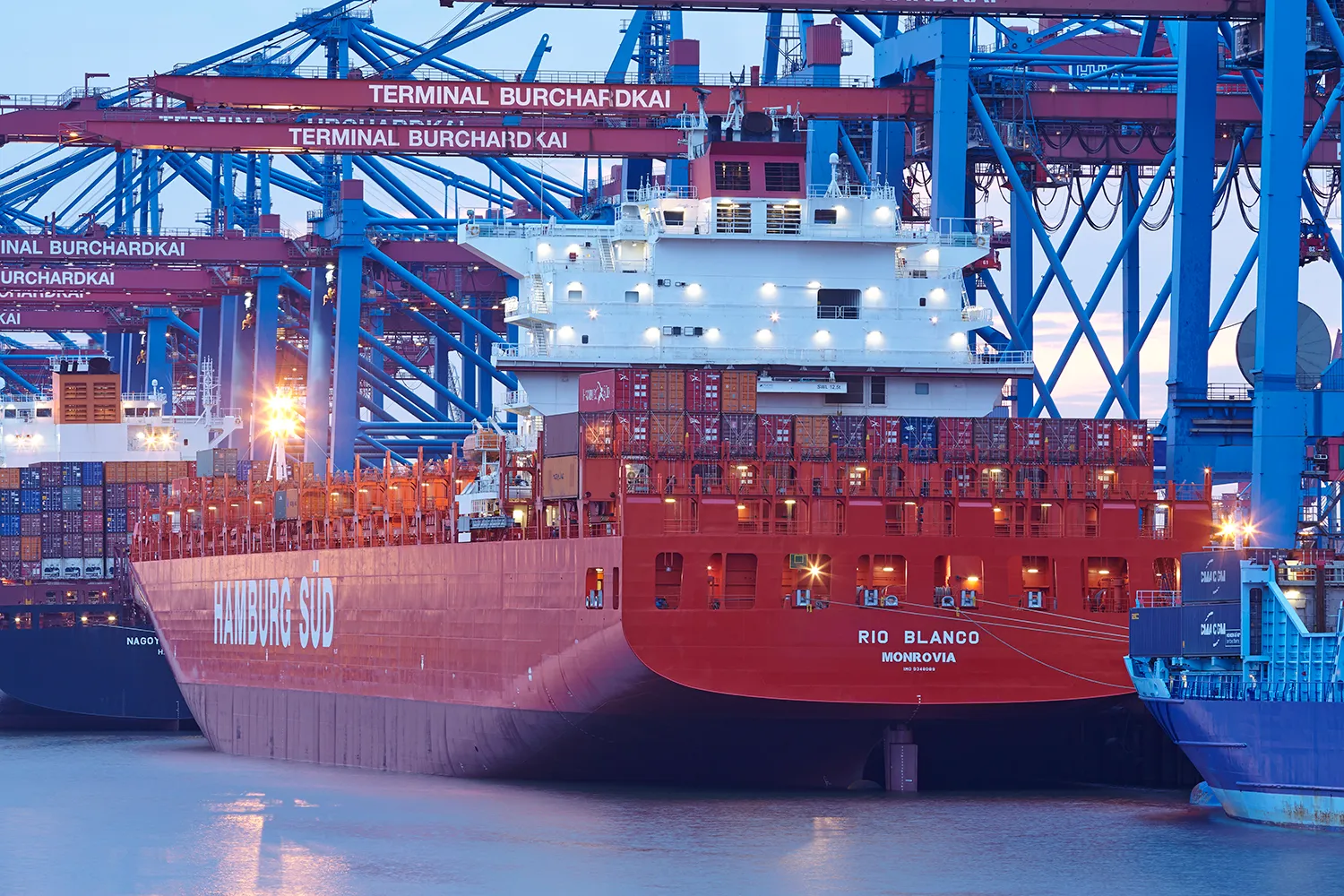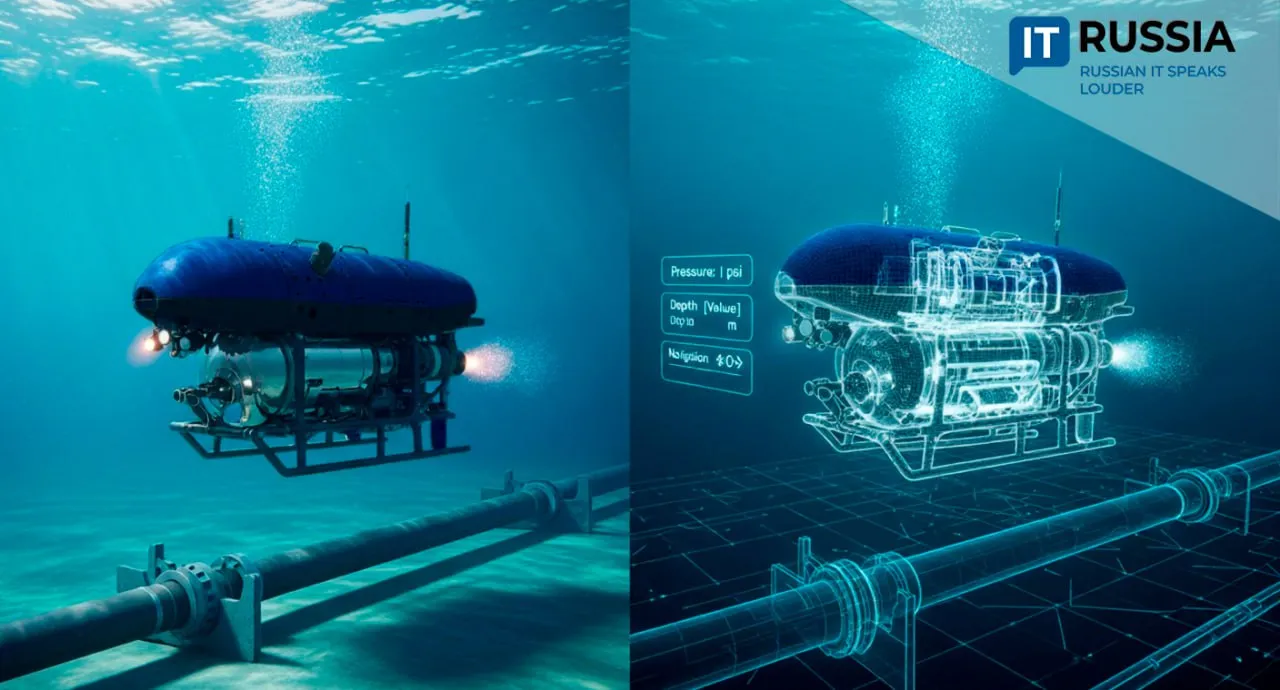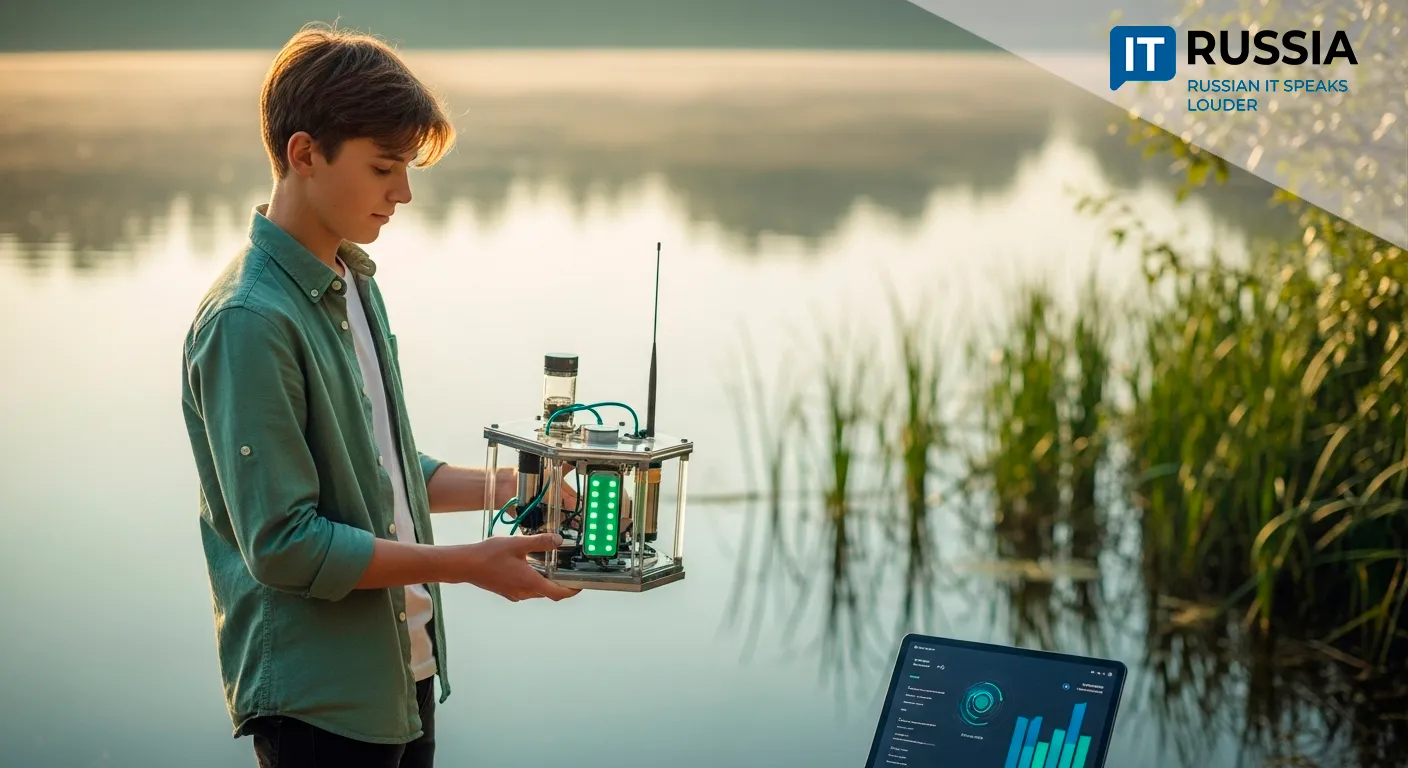New Phase in Tech Development: Cybersecurity on the Northern Sea Route in Focus at Arctic Forum

At the ‘Arctic – Regions’ forum, experts from government, academia, and the IT industry gathered to discuss the cybersecurity of digital infrastructure along the Northern Sea Route (NSR)—from ships and ports to communication networks, traffic control, and AI integration.
Securing a Strategic Transport Corridor
Digitalization is a top priority for the development of the NSR. Arkhangelsk Region, one of the Arctic zone’s key territories, is aiming to make technological infrastructure a core part of the region’s large-scale transport system.
Cybersecurity is essential to protecting the growing digital ecosystem, including the Unified Digital Services Platform (UDSP) and future year-round navigation along the NSR. The issue is not only critical for Arkhangelsk and Russia as a whole, but also for international partners, including commercial users of the shipping corridor.
Improving cybersecurity on the NSR will ensure more reliable and accessible navigation. A strong and steady internet connection will boost operator confidence. For the region, it means increased technological resilience; for the country, it strengthens its global standing through infrastructure leadership.

Research Consolidation and Technology Export
The Arkhangelsk Ministry of Digital Development has expressed its readiness to collaborate with stakeholders to build an advanced communications network capable of transmitting a wide range of data.
There is growing export potential for digital solutions such as hybrid networks, AI-powered monitoring, and energy-efficient communications terminals—especially to northern regions of other countries. Modular equipment and software could be marketed as high-performance Russian tech products.
Within Russia, key developments are being led by the Bonch-Bruevich St. Petersburg State University of Telecommunications (SPbSUT), whose hybrid communication systems are being tested as part of the fourth Arctic tech expedition. SPbSUT is also developing and testing hardware such as energy-efficient VHF transceivers, HF radio complexes, satellite communication terminals, and drone identification systems.
These efforts lay the groundwork for domestic scale-up. Workforce training across Arctic regions is building a specialized ecosystem for secure communications and cybersecurity in extreme conditions.
Long-term goals include unifying research institutions, launching joint projects with industry, and expanding international collaboration to export ruggedized communications solutions for harsh environments.

Scaling Arctic Tech Pilots
In 2023, Russia began testing digital services tailored for the NSR. Sitronics Group developed five subsystems for marine traffic management, maritime safety, navigation and hydrographic support, meteorological and ice monitoring, and environmental assessment.
In December 2024, the UDSP was officially launched at the Arctic: Present and Future forum. Its AI-enhanced satellite monitoring system has cut route planning time from several hours to just 5–7 minutes.
In spring and summer 2025, SPbSUT and local agencies conducted expeditions to test communication infrastructure in Arctic conditions. The university's fourth Arctic technology expedition, scheduled for 2025, marks the 130th anniversary of the invention of radio.

Continuing the NSR’s Digital Transformation
The third ‘Arctic – Regions’ forum served as a platform for high-level discussions about Arctic development. The cybersecurity agenda reflects the next phase in the NSR’s digital transformation, with a focus on real-world testing and workforce development.
From 2025 to 2026, further expansion of Arctic tech expeditions is planned, along with the integration of AI into port and ship security systems, new training programs, and the creation of dedicated cybersecurity laboratories at SPbSUT and Northern Arctic Federal University (SAFU).
The long-term objective is to significantly enhance the resilience of NSR navigation systems and infrastructure to cyber threats and system failures. At the same time, Russia is positioning itself to export secure navigation solutions to markets where reliability under extreme conditions is in high demand.










































